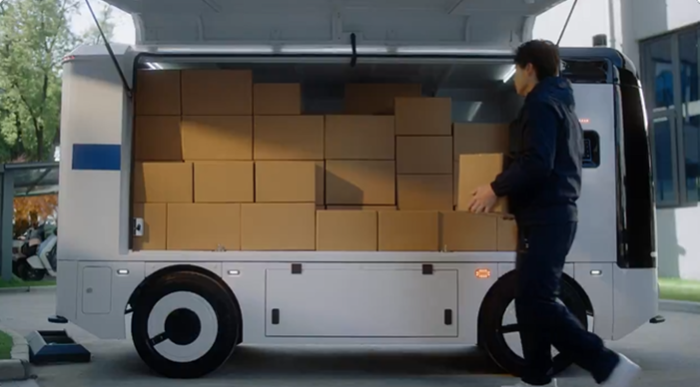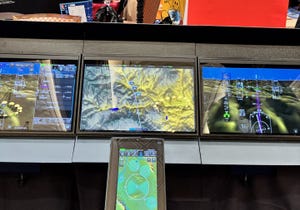Nokia, NASA to Launch 4G on the Moon
The network will first be used to connect roaming vehicles designed to search for ice at the lunar south pole
.png?width=1280&auto=webp&quality=95&format=jpg&disable=upscale)
NASA and Nokia are partnering to bring 4G to the moon, in a project to “pave the way for sustainable human presence” on other planets.
SpaceX is slated to launch the lander carrying 4G infrastructure to the moon’s south pole later this year and the network will then be remotely controlled from Earth.
The network will initially connect two small roaming vehicles designed to search for ice at the lunar south pole, before being deployed for a wider range of communication capabilities.
“One of those vehicles, the Lunar Outpost rover, will explore the Shackleton Connecting Ridge,” Nokia said in a statement. “The other, the Micro-Nova hopper, will drive into a shadowed crater to scan for the first close-up evidence of lunar ice.”
The contract comes as part of NASA’s Tipping Point program, established to support the development of commercial space capabilities.
NASA’s Artemis mission plans to use innovations developed under the program to establish sustainable operations on the Moon by the end of the decade, in preparation for an expedition to Mars.
“For any sustained human presence on the Moon and Mars in the future, connectivity and communications are critical,” said Thierry E. Klein, president of Nokia’s industrial research lab, Bell Labs.
“Astronauts will need the same advanced capabilities that we have on Earth in space to support their activities and run their applications, whether that is enabling voice and video communications capabilities, telemetry and biometric data exchange, sensing applications, or controlling robotics.”
Nokia first announced its investment into establishing a 4G network in space in 2020, with a $14.1 million grant for Bell Labs. In January, Nokia announced it had been selected by the US Defense Advanced Research Projects Agency to design a communications services infrastructure framework “for the future lunar economy.”
About the Author
You May Also Like








